Acts 1:1-11; Ps. 47:2-3,6-9; Eph. 1:17-23; Mat.28:16-20
“I am with you always, until the end of the age” is our hope and salvation as Jesus visibly ascends only to remain as the invisible God with us. The disciples went to the mountain of Galilee and “when they saw him, they worshiped but the doubted.” What a contradiction to see, worship what you see and doubt what you see reminds us only in Christ can we do all things through him who strengthens us.
In the midst of uncertainty as the disciples found themselves even in seeing the resurrected Jesus, they doubted his real presence. In the midst of uncertainty how often do we doubt the presence of God and promise that Jesus is with us? In receiving the body, blood, soul and divinity of Christ in the Eucharist how many remain in doubt to his real presence even after seeing Eucharistic miracles where the host turn into flesh and drips blood? The power of faith to believe is the coming together of our will to the will of the Father to give life in the spirit of truth.
Jesus provided “many proofs” he is alive yet they doubted. The human spirit desires what only the Holy Spirit brings to the soul, the voice of God. God enlightens the soul to truth out of the darkness of doubt through the waters of baptism; it confirms us in faith to the divine will to witness against the passion of idolatry; it feeds the hunger for love out of his own body and blood in the breaking of the bread; it brings conviction of sin to be cleansed in confession against condemnation of the law; it fosters unity in one body with the Trinity and fellowship of humanity against division of relativity; it raises sacrifice for a greater good against indulgence of narcissism; it brings peace and joy where there is fear and confusion; it is God with us and who can be against?
God sees the depth of the heart’s prayer as worship with doubt or worship in faith. Jesus asks Martha, “Do you believe this?”. He was referring to himself as “the resurrection and the life”. Martha responds “Yes, Lord. I have come to believe that you are the Messiah, the Son of God…” First, Martha came to believe indicating faith is a journey and each of us are on that path with its’ own share of joys and sufferings that bring us to this revelation. Second, Martha arrived at a point of faith that allowed Jesus to perform the miracle of faith in raising Lazarus.
The Spirit is present and active but where are the believers who have arrived without doubting in this power of God present in us and with us? We remain as the people of God in the desert looking beyond for the promise land wandering, waiting, hoping, yet doubting. Jesus is with us yet we must arrive in our faith as he walks beside us while our hearts are burning, wandering and wondering. Believe and receive the promise waiting to be revealed.
There was a radio talk show in which the person interviewed came to believe and converted from atheist to Catholic. The one statement that had a profound impact in her conversion was when they heard “what if you just believed for 30 days what do you have to lose”. She decided to act in faith what she was discerning and see what would happen knowing that if nothing happened the worst thing in the end she would “eat some crow” for her foolishness. The encounter with God was not delayed as after only a few days there was a new profound faith giving birth in her soul that was left with no doubt. Let us come to believe and set doubt aside so God can enter into our faith and make greater miracles of us, through us, and for us.
For forty days Jesus appears to the disciples after the resurrection and before his ascension to bring conviction and instruction as to the kingdom of God. They were to “wait for the promise of the Father…in a few days you will be baptized with the Holy Spirit”. This promise is given to us who wait upon the Lord in faith already believing and “shout to God with cries of gladness”. Thank you Lord for receiving me who receives you this day present to manifest power and glory in this humble servant for this I know your promise is everlasting.





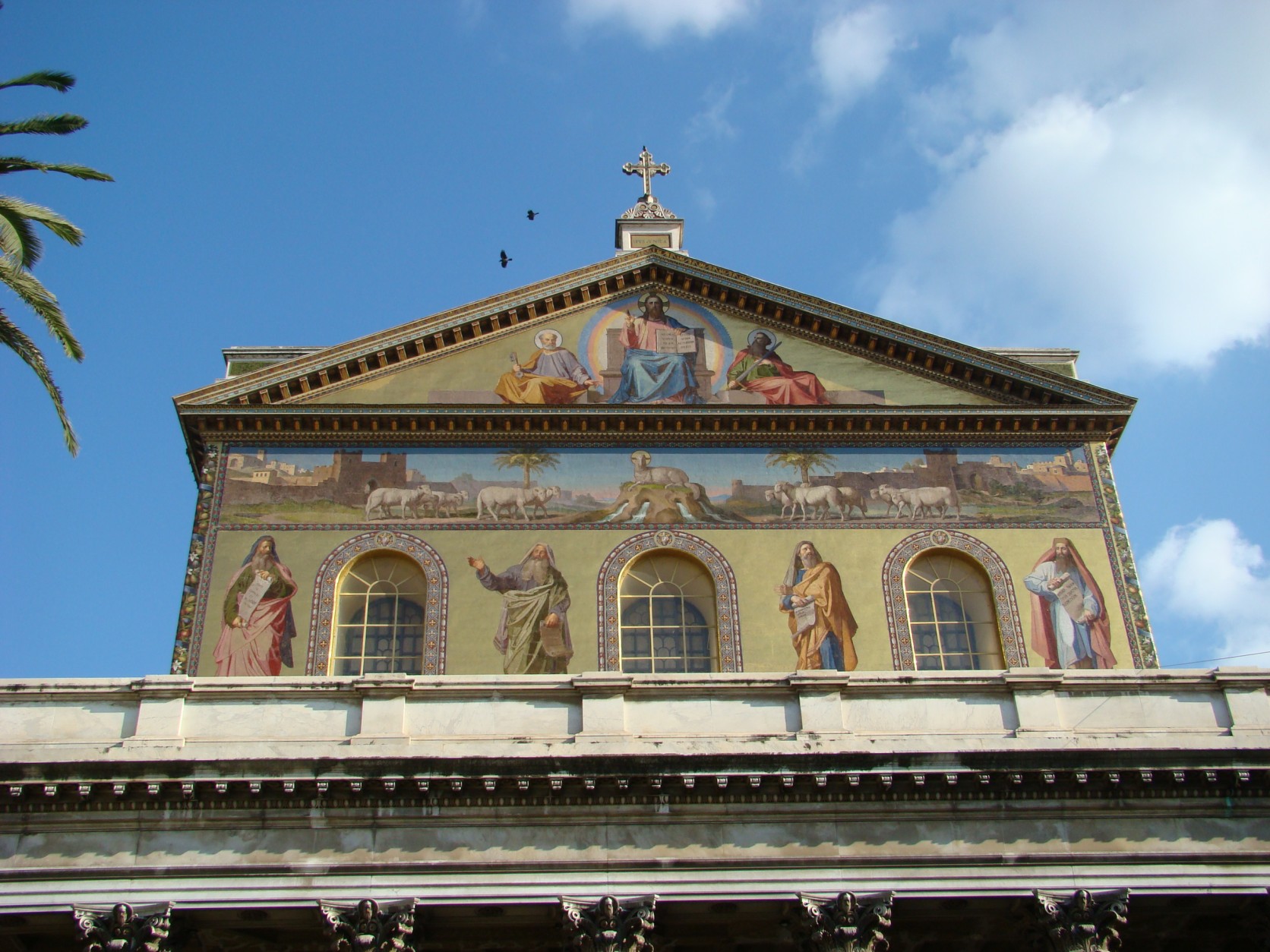

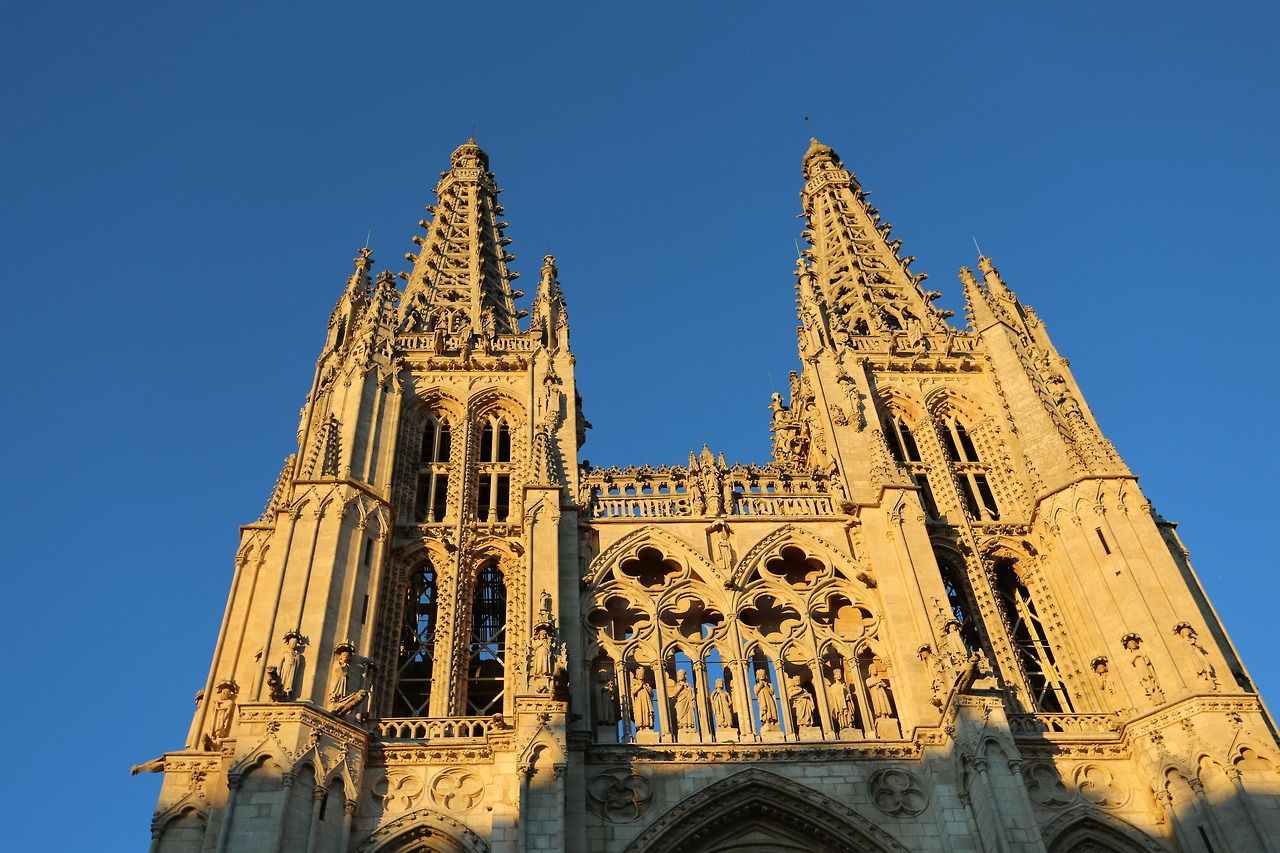

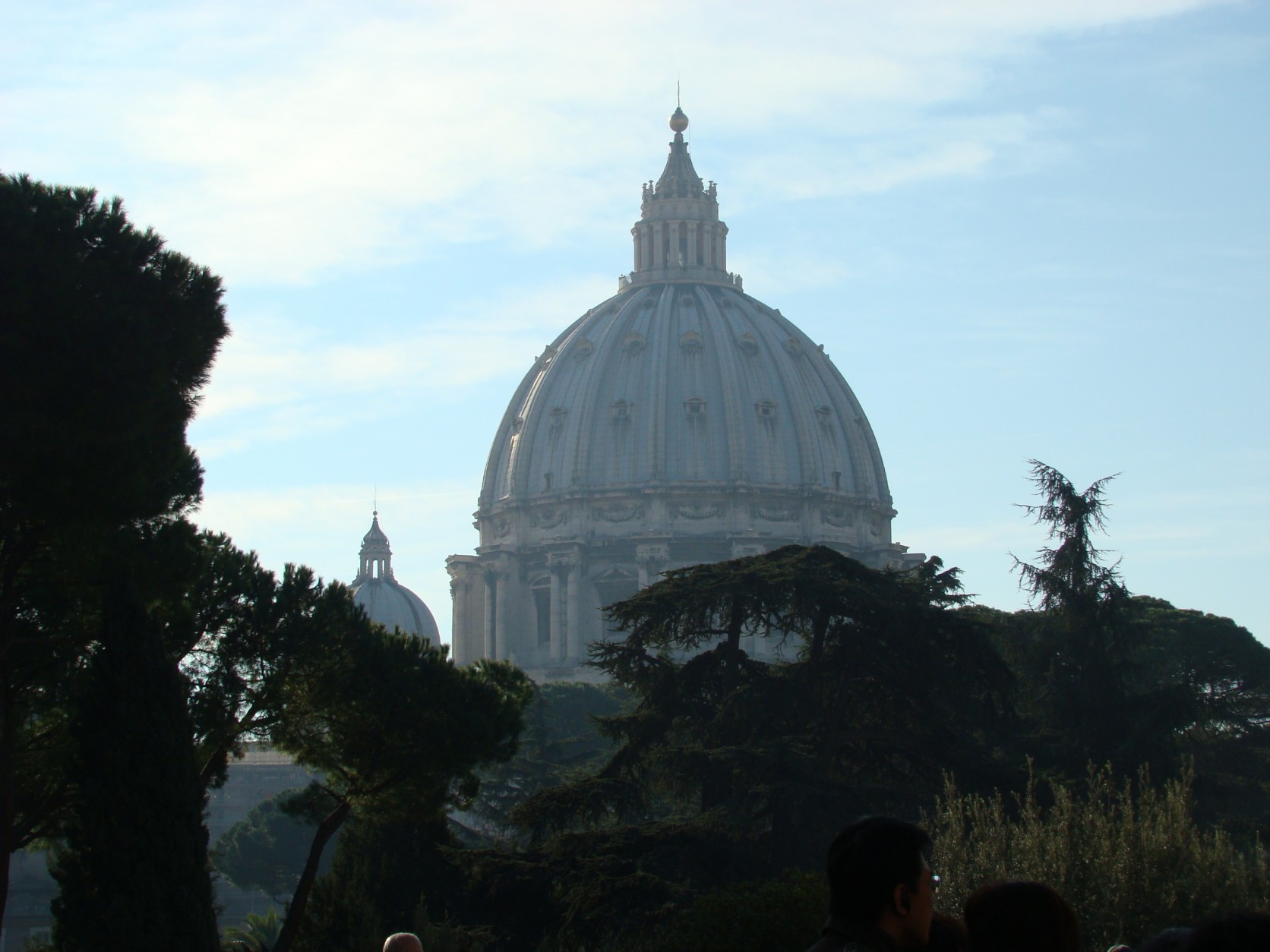

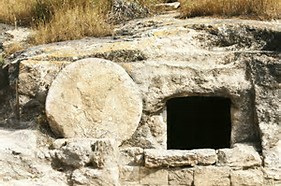

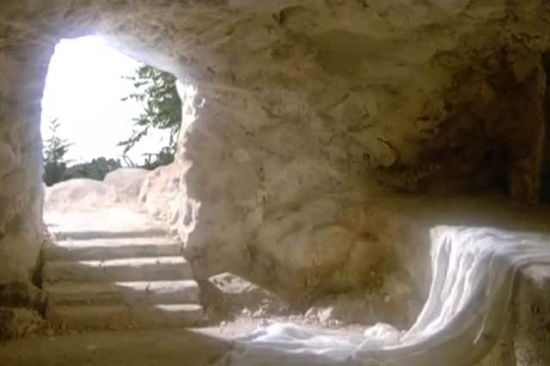

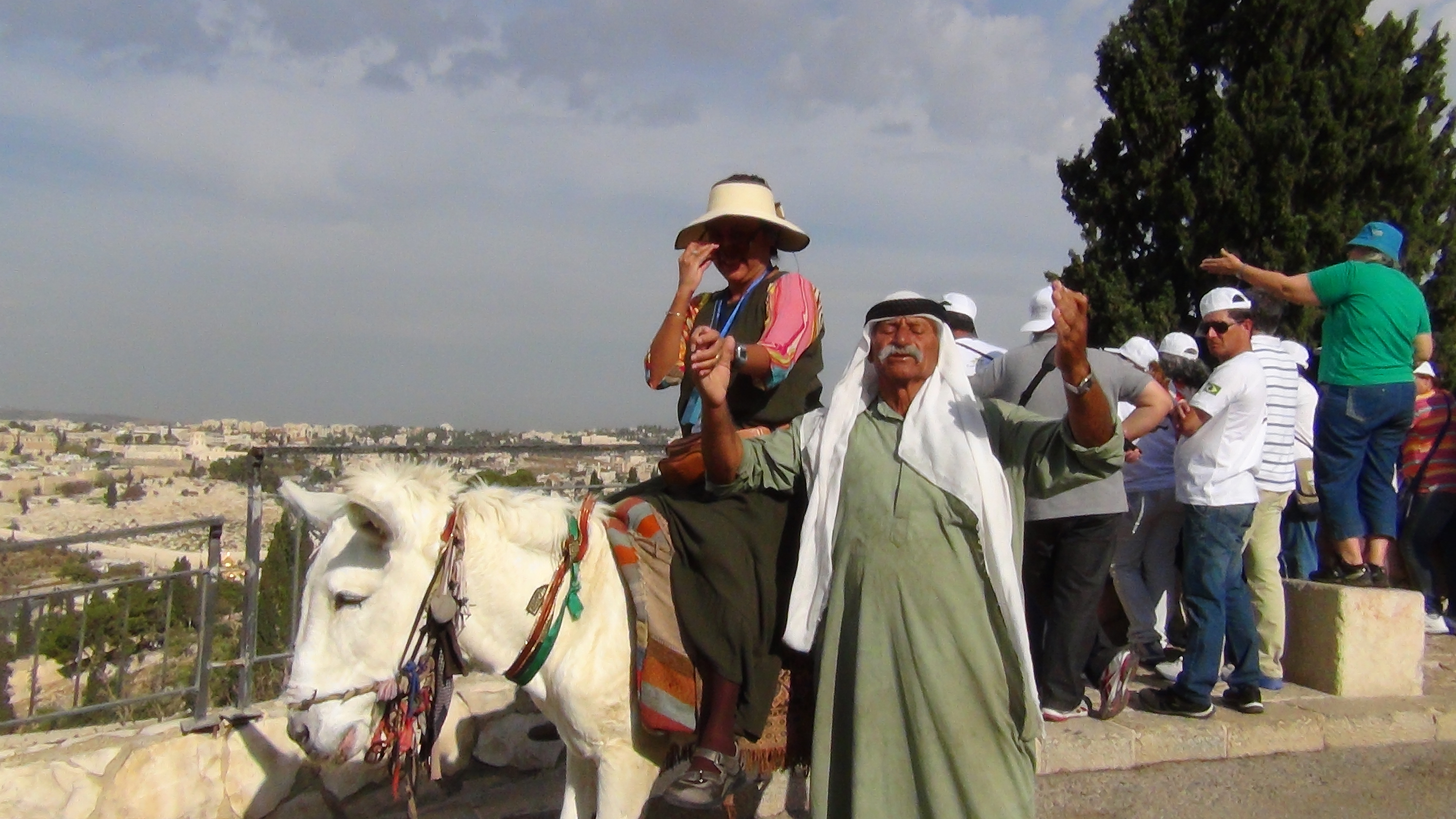

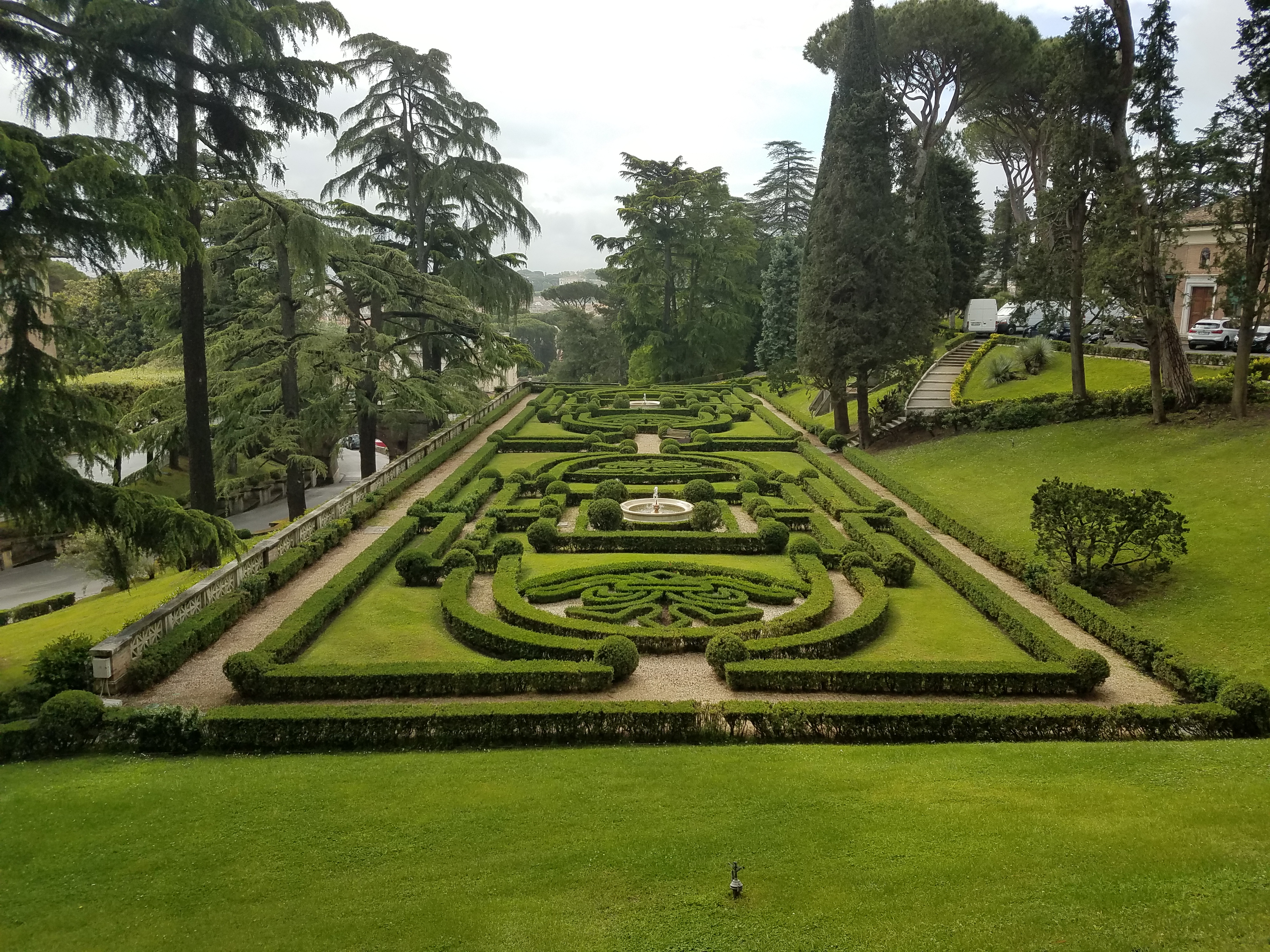

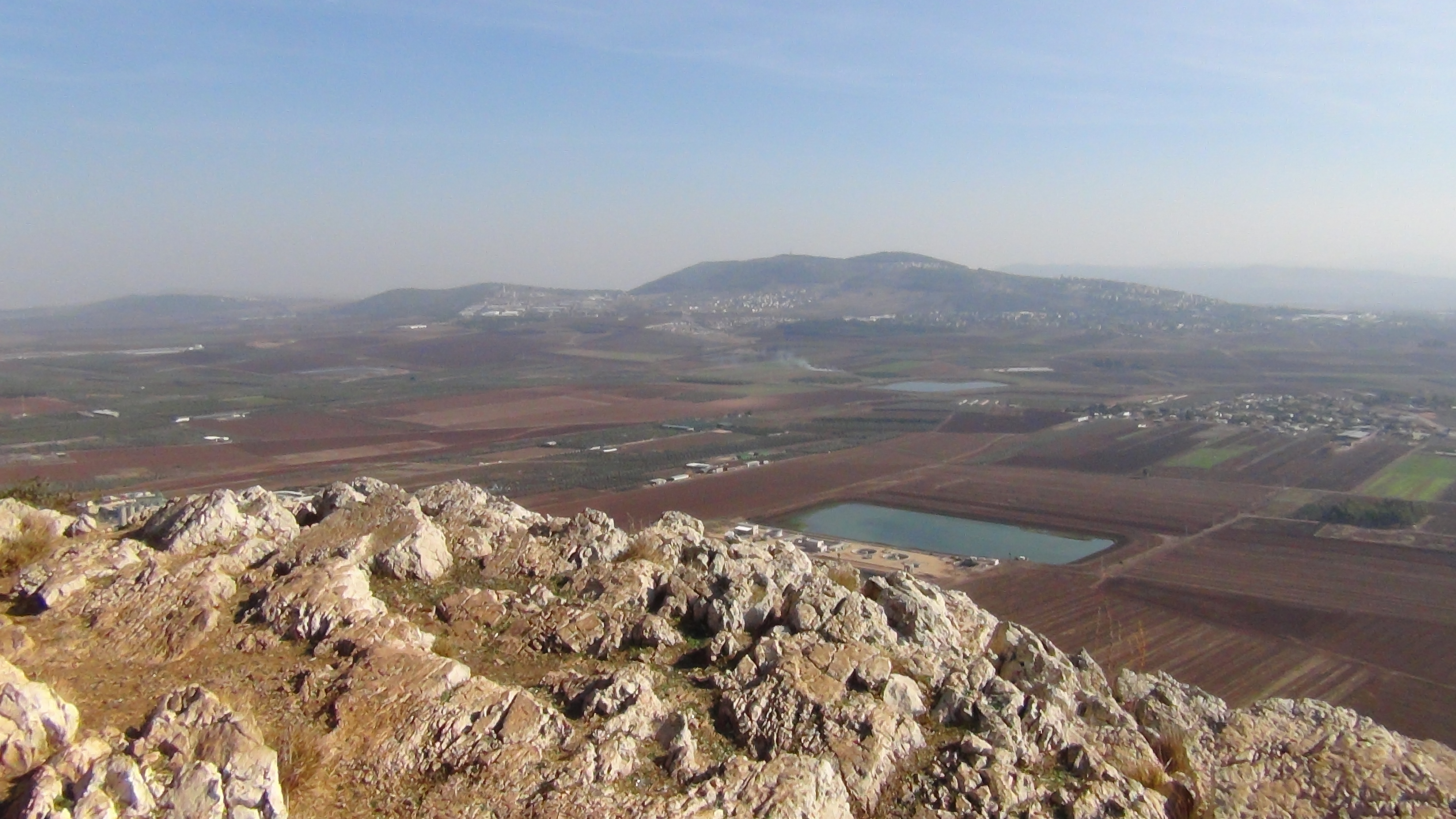

Recent Comments